Regulatory Affairs Committee (RAC) Newsletter – Recycling-Focused Legislation
March 7, 2022
Recycling-Focused Legislation
Extended Producer Responsibility (EPR) & Proposed Labeling Requirements
As we begin to approach the end of the first quarter, TLMI continues to follow state and legislative activity with the potential to impact the tag and label supply chain and their broader customer bases.
Our previous Update at the end of January noted the nearly 40 state legislatures across the country in regular session – as we highlighted, many of these state sessions are punctuated with bursts of Committee hearings and activity prior to adjourning their respective sessions. Many of the state legislative sessions are brief…by the end of April, 25 state legislatures will have adjourned for the year.
In addition to upcoming adjournments, many states with recycling and packaging-focused have much earlier legislative deadlines (often referred to as “funnels”), which require bills to move through Committees or advance in some manner, in order additional consideration prior to adjournment.
As you will read, the legislation addresses a number of packaging fronts; recycled content, future material input restrictions and fee-based structures for state and local recycling programs, among them.
Here are some of the highlights from the past month:
Connecticut Senate Bill 115 was heard in Committee last week. In a fashion very similar to Rhode Island (more on that effort below), it creates an Extended Producer Responsibility (EPR) program for packaging and printed paper (those materials not already covered in a specific program, i.e., a bottle bill). Fees paid by the producers are scheduled to vary based levels of recyclability, recycled content, reductions in package toxicity, and proper labeling. Labels, adhesives, inks and other secondary package components would be part of the PRO’s considerations, as they would set fees over a two year period (should the legislation pass).
Maryland House Bill 700, creates broad-based truth in labeling requirements for plastic packaging, remains in its initial Committee assignment, after a hearing two weeks ago. While the bulk of the legislation focuses on permissible recyclability and environmental claims to reduce consumer confusion, it does include a section outlining factors that would be considered in order for a package to be considered “recyclable” by the state.
Any plastic-based package that includes over 100 ppm of intentionally added PFAS, or contains inks, adhesives, labels or similar that prevent the base package from being recycled would no longer being considered “recyclable” by the state. The bill remains in its initial Committee assignment.
That noted, an amended version of Maryland Senate Bill 273, addressing the PFAS chemicals class, sometimes used in the production of a package’s various components, (including sectors of paper-based labels and inks), has advanced to the House and is now in its initial Committee assignment (Health and Government Operations).
The amended language adjusted the compliance timeframe period for covered packaging distributed or sold in-state to January 1, 2024 (from January 1, 2023). PFAS for food packaging includes intentional incorporation to the package’s closure, label, ink, dye, pigment and/or adhesive components. We will continue to follow the legislation. On March 7th, its House companion, House Bill 275, was reported out of its initial Committee favorably, with the same language.
New Hampshire, through House Bill 1111, is also beginning to look at EPR, and through its bill that would form a study commission to review key elements. The legislature also intends to study legislation, House Bill 1589, that will review PFAS chemicals intentionally added to product packaging (instead of an earlier bill that would have prohibited their sale in-state).
New York continued its activity from last year on EPR, with S. 8008-A, developed from the Governor’s most recent budget proposal. It is wide-ranging legislation that creates an EPR program for packaging and paper sold in-state, along with future considerations and restrictions for PFAS and other packaging inputs – increasing costs for producers utilizing components deemed disruptive to the recycling process (this includes certain labels, inks and adhesives). The current proposal may change this month before the final budget is agreed to by legislators and signed into law by Governor Hochul. TLMI is closely following the budget proposal.
Rhode Island House Bill 7279, broad-based EPR legislation for the state, had its initial Committee hearing last week. In addition to setting recycling goals and packaging reduction efforts, the legislation requires the Producer Responsibility Organization (PRO) to review fees assessed to brands funding the program, to ensure that a package’s recyclability and impact on the environment are considered in their costs. The legislation remains eligible for consideration, although it remains in its initial Committee assignment.
Among the earlier states to near the legislative deadline is Washington. As reported in our last update, the legislature considered two packaging focused bills. Senate Bill 5658, which covered truth in labeling requirements (“chasing arrows” designations), in addition to prohibiting recyclability and similar claims for all packaging that include components, including inks, adhesives, and labels, that prevent the recyclability of the package.
Senate Bill 5697, EPR legislation that would have also created a number of post-consumer recycling content and truth in labeling requirements, along with Senate Bill 5658, both failed to reach their legislative deadlines this year, but are expected to be considered again next year.
As always, the information provided in TLMI’s RAC Updates should not be construed as legal guidance. If you have questions on the legislation or initiatives highlighted, please contact Bryan Vickers with TLMI’s RAC team, bvickers@pacellp.com, 703-403-2882 for more information.


